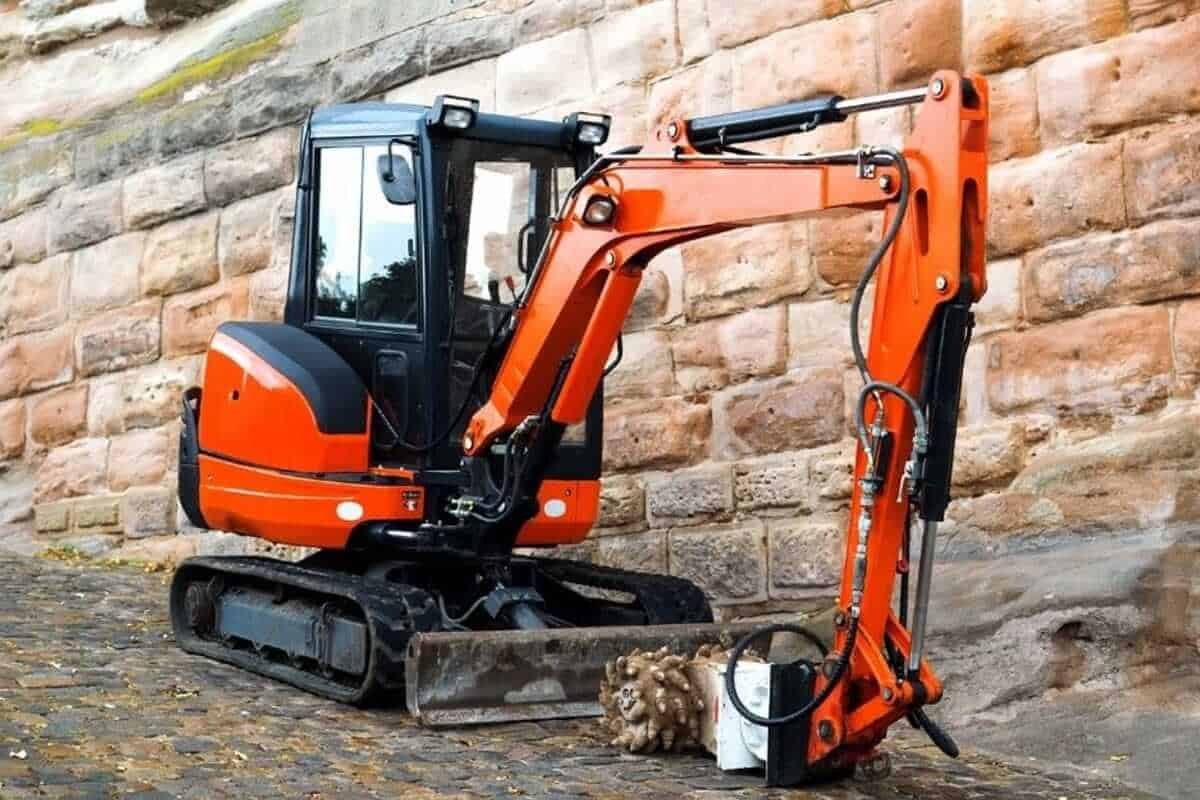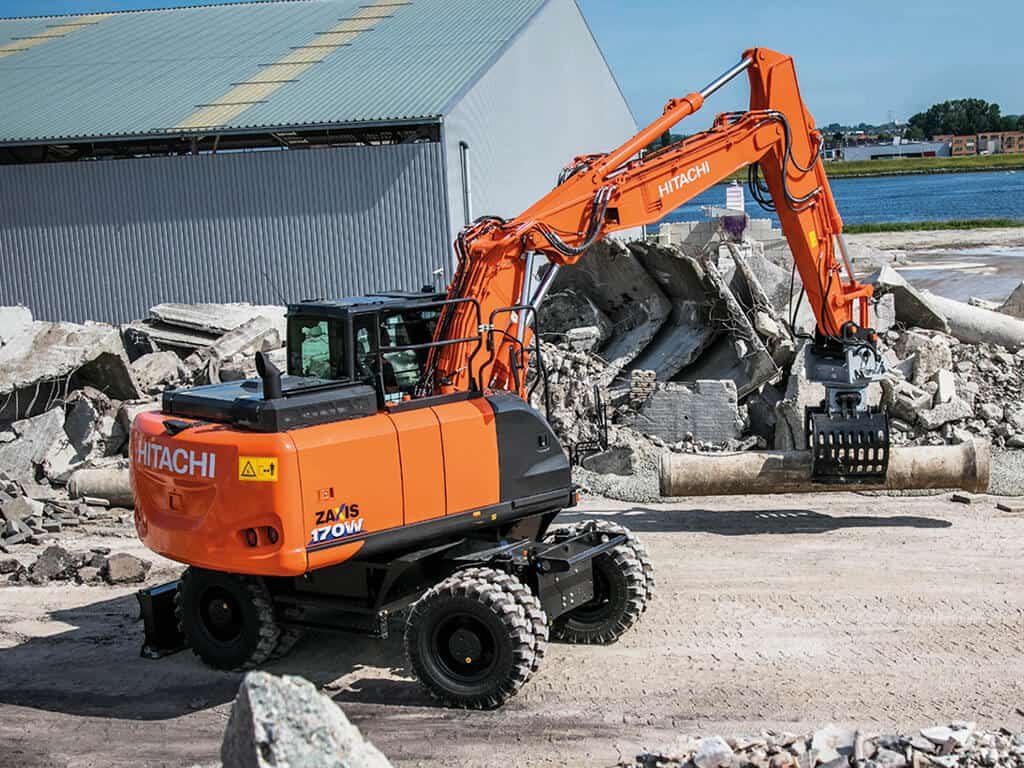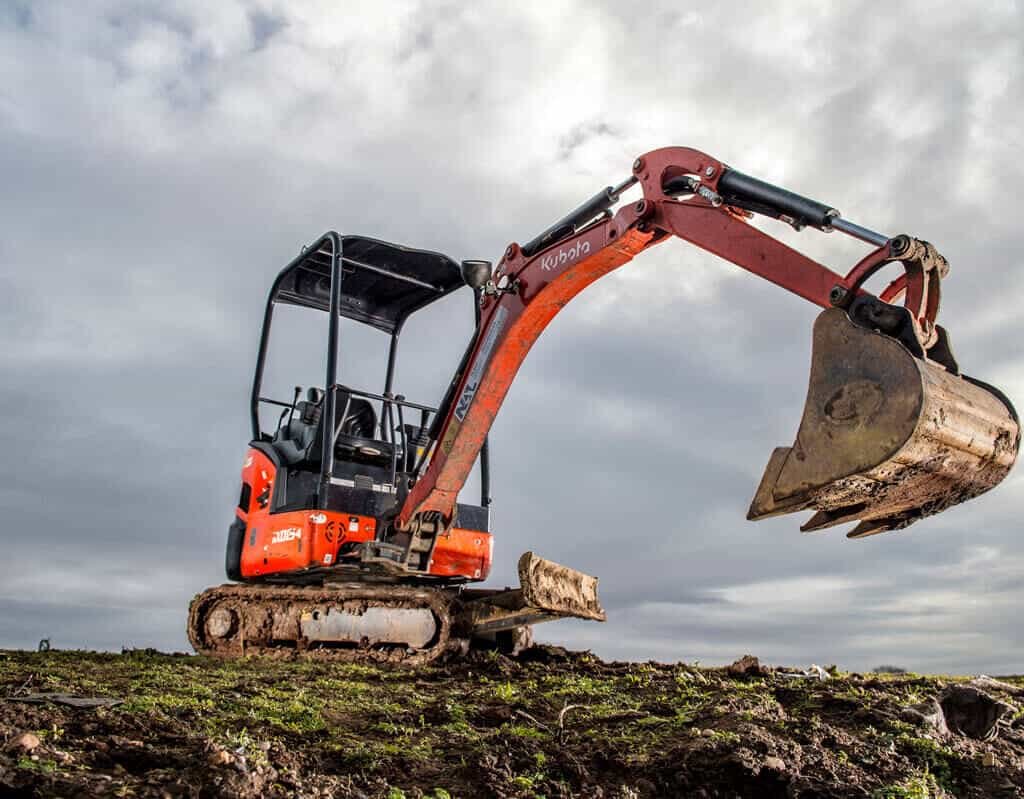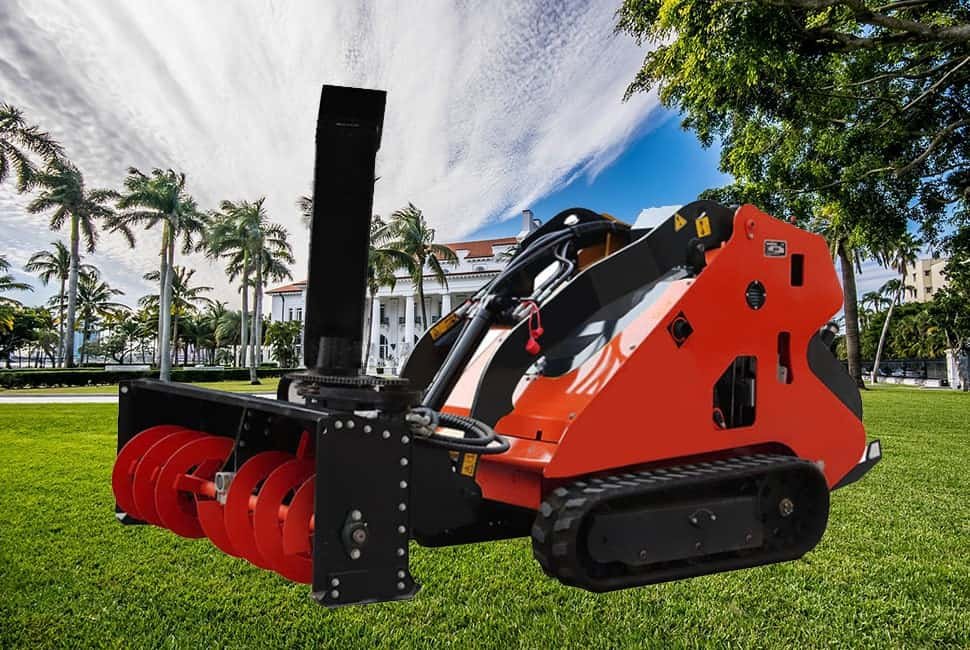Introduction
If you’re in the construction or site development industry, you may be contemplating the purchase of an excavator. It’s a big decision that can significantly impact your business operations and bottom line. Excavators are powerful machines that offer many advantages, such as increased productivity, time and cost savings, and enhanced safety.
However, several factors are also to consider, such as the initial cost, financing options, maintenance expenses, and environmental regulations. In this blog post, we’ll explore whether buying an excavator is a good investment for your specific situation and what alternatives are available. So, let’s dive in and help you make an informed decision.

Advantages of Buying An Excavator
Owning an excavator can provide many advantages that can greatly benefit your business. Some of the advantages are given below.
Versatilité
One of the most significant benefits of owning an excavator is its versatility. Excavators come in various sizes and can be equipped with various attachments to tackle various tasks, including digging, grading, demolition, and more. You can use the same machine for multiple projects, saving time and money.
Time and cost savings
Speaking of saving time and money, owning an excavator can also provide significant cost savings. With your excavator, you won’t have to spend money on rental fees or wait for rented equipment to become available. You can also complete projects more efficiently with an excavator, saving you time and reducing labour costs.
Increased productivity
Increased productivity is another advantage of owning an excavator. Excavators are powerful machines that can quickly move large amounts of material, so you can complete projects faster and take on more jobs. With an excavator, you can increase your workload and maximize your profits.
Enhanced safety
In addition to productivity, owning an excavator can also enhance safety on the job site. Excavators are designed with safety features such as rollover protection systems, backup cameras, and audible warning signals. With an excavator, you can protect your workers and minimize the risk of accidents.
Greater control over projects
Another advantage of owning an excavator is greater control over projects. When renting equipment, you may not have the same control over the machine or the schedule. With your excavator, you can choose when and how to use it, allowing you to better manage your projects and meet deadlines.
Increased job opportunities
Finally, owning an excavator can open up new job opportunities for your business. With the ability to take on a wider range of projects, you can expand your services and attract more clients. This can help your business grow and become more profitable in the long run.

Factors to Consider Before Buying An Excavator
Before deciding to buy an excavator, there are several important factors you need to consider. Some of them are given below.
Type of projects
The type of projects you typically work on should be on your list. You need to determine whether an excavator is the right machine for your job. Excavators are versatile machines but may not be the best fit for every project.
Frequency of use
Another important factor is the frequency of use. If you only need an excavator for occasional jobs, renting may be more cost-effective than buying. However, if you plan to use an excavator regularly, owning one can be more cost-effective in the long run.
Maintenance costs
Maintenance costs are another key consideration. Excavators require regular maintenance, and the costs can add up over time. When deciding whether to buy an excavator, you need to factor in the cost of routine maintenance, repairs, and replacement parts. It’s important to consider the potential impact on your budget and schedule.
Size and weight limitations
Size and weight limitations are also important factors to consider. Excavators come in various sizes, and you must choose the right size for your projects. If the excavator is too large, it may not be able to access the job site, and if it’s too small, it may not have the power to handle the workload.
Availability of skilled operators
The availability of skilled operators is another consideration. Excavators require skilled operators to operate them safely and efficiently. You must ensure access to operators with the necessary skills and training to operate the excavator. If you don’t have skilled operators available, you may need to factor in the cost of training or hiring new operators.
Environmental regulations
Finally, environmental regulations are an important consideration. Depending on your location, regulations may dictate the type of excavator you can use and the emissions it produces. You must ensure the excavator you buy meets all relevant regulations and won’t cause any compliance issues.

Financial Considerations To Know Before Buying An Excavator
When considering whether to buy an excavator, financial considerations are crucial. Here are some financial factors you need to consider before making your purchase.
Initial cost
The initial cost of buying an excavator is a significant financial consideration. Excavators can be expensive, and you must ensure you have the budget to purchase the machine outright. Depending on your budget, you may need to consider financing options.
Financing options
Financing options are available from various sources, including banks and equipment dealerships. These financing options can make it easier to afford an excavator by allowing you to spread the cost of the machine over several years. However, it’s important to consider the interest rates and other fees associated with financing options.
Depreciation
Another important financial consideration is the depreciation of the excavator. Like all machines, excavators depreciate over time. When calculating the long-term costs of owning an excavator, you must factor in the machine’s depreciation. This can help determine whether buying an excavator is a sound financial investment.
Resale value
Resale value is another financial consideration when buying an excavator. You may not keep the excavator for its entire lifespan, so it’s important to consider the machine’s resale value. Excavators from reputable brands with a good track record of reliability and performance typically have higher resale values than less reputable brands or models with known issues.
Additionally, the condition of the excavator can also affect its resale value. Proper maintenance and care can help maintain the value of the machine over time. This is an important consideration if you plan to sell the excavator.

Alternative Options For Buying An Excavator
When it comes to heavy construction equipment, buying an excavator can be a considerable investment. If you’re not ready to commit to the upfront cost of buying an excavator, consider several alternative options. Here are three alternative options to help you complete your projects without breaking the bank.
Renting
Renting an excavator is an excellent choice if you only need the machine temporarily. Renting allows you to access the excavator you need for a specific project or time without the burden of long-term ownership.
Renting an excavator can be cost-effective as rental companies take care of maintenance and repairs. Additionally, renting provides the flexibility of choosing from different excavator models based on your project’s specific requirements.
Leasing
Leasing is another option that can provide you with an excavator for a more extended period without committing to a long-term investment. Leasing allows you to use the excavator for a specific period while making regular payments.
At the end of the lease term, you can either purchase the excavator or return it to the leasing company. This option can be a good choice for businesses that need an excavator for a longer time but don’t want to commit to the upfront cost of buying one.
Hiring a contractor
Hiring a contractor can also be a viable alternative to buying an excavator. If you don’t have the equipment or the experience to complete a project, hiring a contractor can be a more cost-effective solution.
Contractors typically have their excavators and can provide the necessary expertise and experience to complete your project efficiently and safely. Hiring a contractor can eliminate the need to buy or rent an excavator and focus on other aspects of your project.
In considering these alternative options, weighing the pros and cons of each based on your specific needs and budget is essential. Renting or leasing an excavator may be more cost-effective in the short term, but it may not provide the same long-term benefits as owning your equipment. Hiring a contractor may be more expensive in the short term, but it may provide a more efficient and safe solution for your project.
Buying An Excavator: Conclusion
Buying an excavator can be a good investment if you have the budget, need, and expertise to operate and maintain the equipment. Owning an excavator can provide several benefits, including increased productivity, job opportunities, and greater control over projects.
However, before Buying An Excavator, it’s essential to consider several factors, such as the type of project, frequency of use, maintenance costs, and financial considerations. Moreover, if you’re not ready to commit to the upfront cost of buying an excavator, renting, leasing, or hiring a contractor are viable options.
Contact Us to purchase a Chinese excavator with customizable features.

